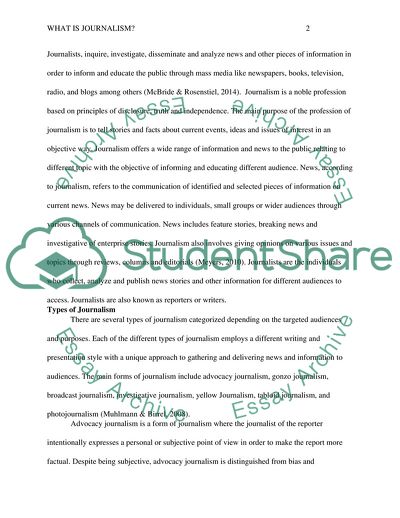Cite this document
(What is Journalism Essay Example | Topics and Well Written Essays - 3000 words, n.d.)
What is Journalism Essay Example | Topics and Well Written Essays - 3000 words. https://studentshare.org/journalism-communication/1821258-what-is-journalism
What is Journalism Essay Example | Topics and Well Written Essays - 3000 words. https://studentshare.org/journalism-communication/1821258-what-is-journalism
(What Is Journalism Essay Example | Topics and Well Written Essays - 3000 Words)
What Is Journalism Essay Example | Topics and Well Written Essays - 3000 Words. https://studentshare.org/journalism-communication/1821258-what-is-journalism.
What Is Journalism Essay Example | Topics and Well Written Essays - 3000 Words. https://studentshare.org/journalism-communication/1821258-what-is-journalism.
“What Is Journalism Essay Example | Topics and Well Written Essays - 3000 Words”. https://studentshare.org/journalism-communication/1821258-what-is-journalism.


